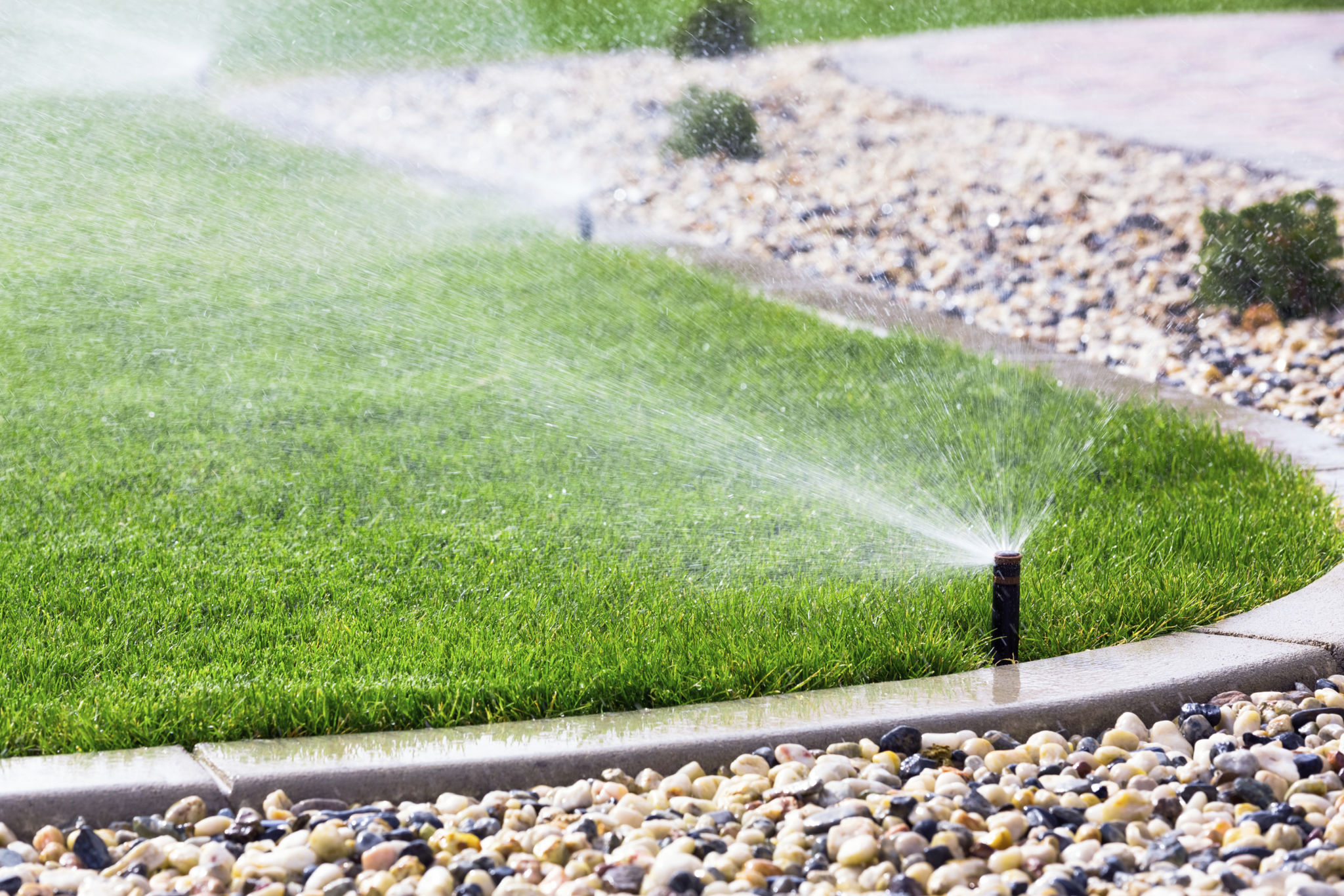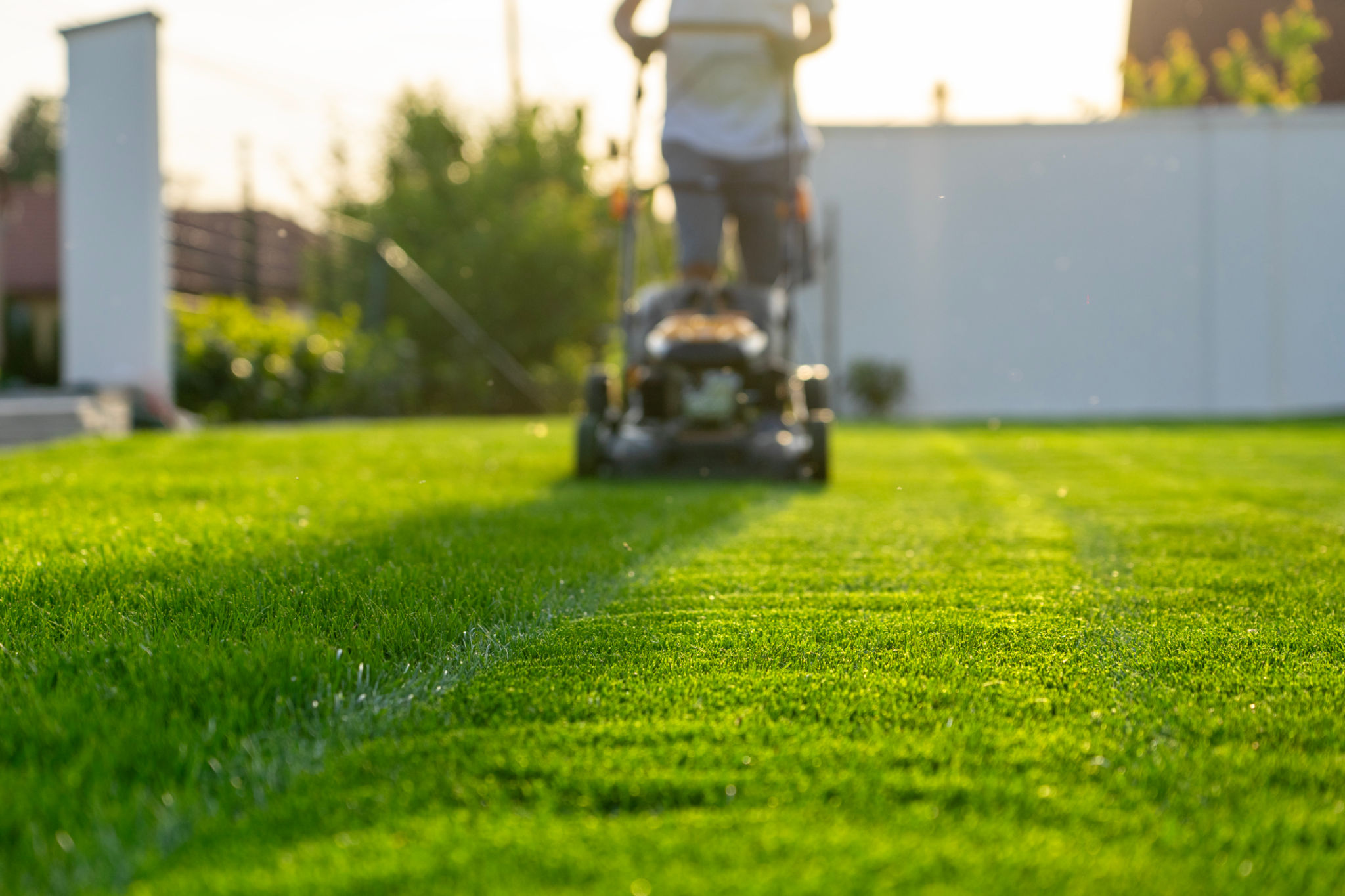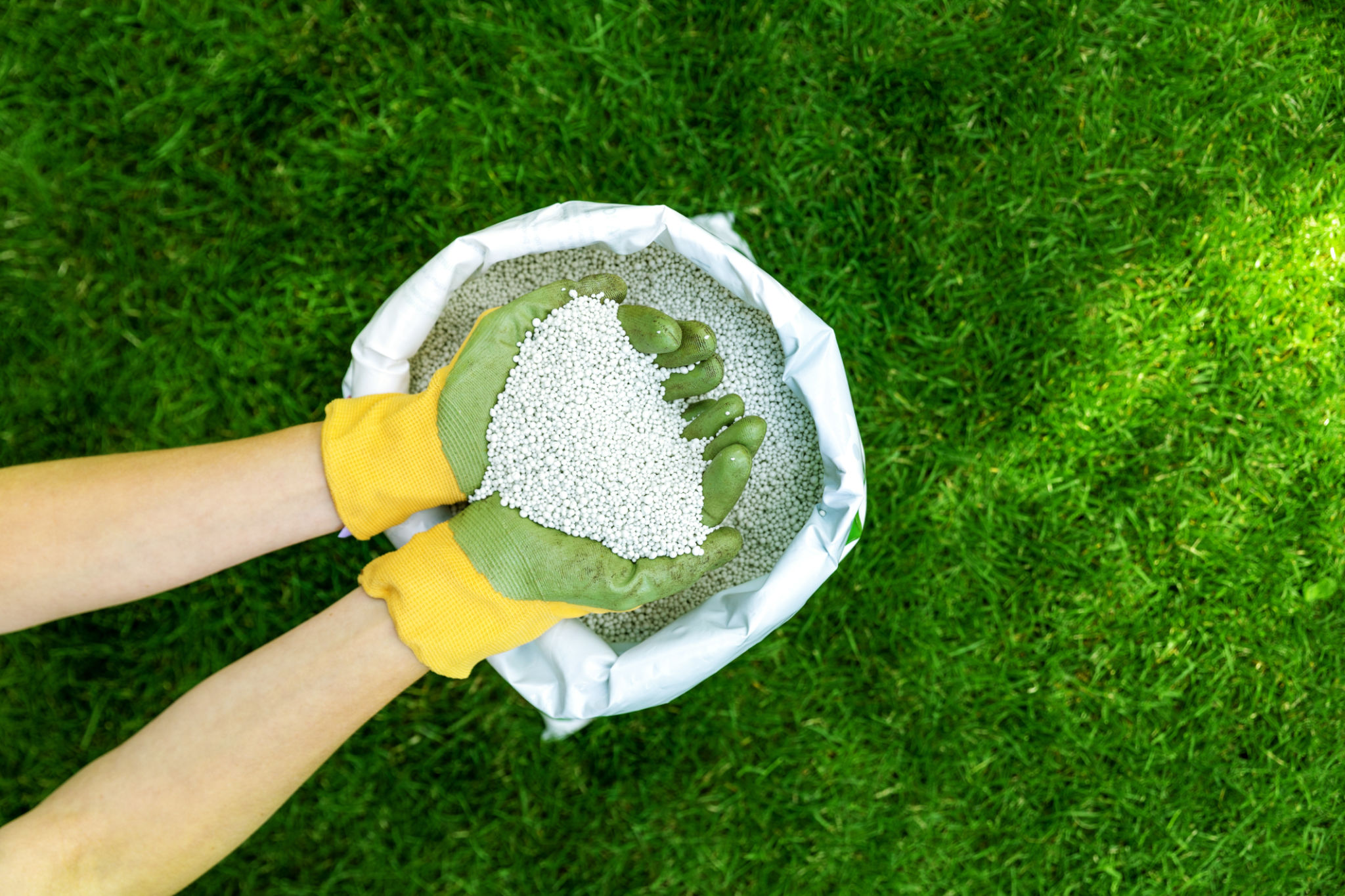Common Lawn Care Mistakes and How to Avoid Them
Overwatering Your Lawn
One of the most common mistakes homeowners make is overwatering their lawns. While it might seem like more water equates to a greener lawn, the reality is that too much water can lead to shallow root systems and increased susceptibility to disease. The key is to water deeply but infrequently, allowing the soil to dry out between waterings.
To avoid overwatering, consider investing in a rain gauge or a soil moisture sensor. These tools can help you determine when your lawn truly needs watering. Aim to provide about one inch of water per week, including rainfall.

Ignoring Soil Health
The health of your grass is directly related to the condition of your soil. Many people overlook this critical component and focus solely on surface-level treatments. Healthy soil is rich in nutrients and has a balanced pH level, providing a solid foundation for grass to thrive.
To improve soil health, start with a soil test to understand its current condition. Based on the results, you can amend the soil with the necessary nutrients and organic matter. Additionally, aerating your lawn can help improve soil structure and promote root growth.
Mowing Mistakes
Mowing may seem like a straightforward task, but there are several common mistakes that can harm your lawn. Cutting the grass too short, known as "scalping," can stress your lawn and make it more prone to weeds and disease. Conversely, allowing grass to grow too tall can also lead to problems like thatch buildup.

The best practice is to follow the "one-third rule": never remove more than one-third of the grass blade in a single mowing session. This helps maintain optimal grass height and encourages strong root development.
Using the Wrong Fertilizer
Fertilizing your lawn is essential for providing nutrients that grass needs to grow. However, using the wrong type of fertilizer or applying it incorrectly can do more harm than good. Many people make the mistake of applying too much fertilizer, leading to nutrient runoff and environmental damage.
Select a fertilizer that matches your lawn's specific needs based on a soil test. This will ensure you're providing the right nutrients in the right amounts. Additionally, be mindful of timing; applying fertilizer at the wrong time of year can lead to wasted effort and poor results.

Neglecting Weed Control
Weeds compete with grass for nutrients, water, and sunlight, making weed control an essential part of lawn care. Many homeowners make the mistake of ignoring weeds until they've become a significant problem, at which point they can be difficult to manage.
Implementing a proactive approach to weed control can save time and effort in the long run. Regularly inspect your lawn for any signs of weeds and address them promptly using appropriate herbicides or natural remedies. Additionally, maintaining a thick, healthy lawn can naturally suppress weed growth by reducing space for weeds to take hold.
